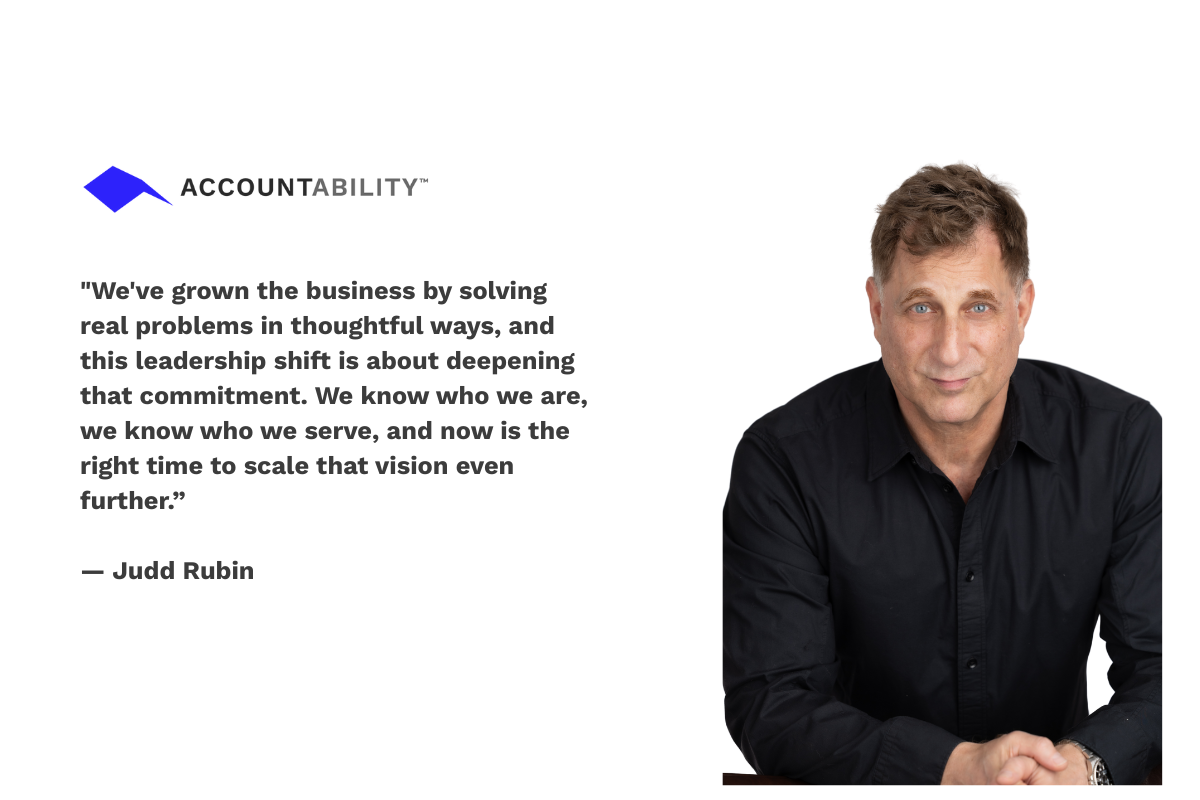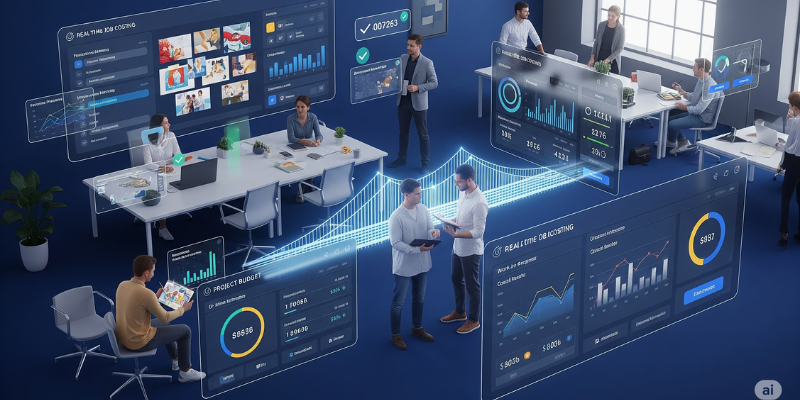Agencies often find themselves balancing ambitious creative visions with the reality of financial constraints. A bold idea can quickly become a budgeting headache, leaving teams scrambling to recover. The pressure is real, and the stakes are high—creative aspirations can easily falter without proper budget management. The good news is that financial discipline doesn’t have to come at the expense of creativity. That’s where Accountability’s agency cost-tracking software comes in, designed to help agencies maintain their artistic flair while managing their finances effectively. With the right tools, budget limitations become opportunities for innovation. Mastering budget management can enhance the creative journey instead of holding it back.
How Agency Cost-Tracking Software Balances Creativity and Budgets
Creativity thrives when financial stability is in place. Without a structured system for tracking costs, expenses can quickly spiral out of control, putting profitability and client trust at risk. A well-defined budget ensures that resources are allocated efficiently, preventing last-minute surprises that could derail a project’s success.
Agencies often struggle to maintain real-time visibility into their financials. By integrating comprehensive cost-tracking solutions, teams can make informed decisions, ensuring their budgets support rather than restrict their creative vision. Let’s explore the key features that make budget management more effective without compromising innovation.
Real-Time Expense Tracking to Stay Within Budgets
For agencies, tracking expenses as they happen is essential. Real-time expense tracking helps teams maintain financial awareness, preventing budget overruns that could throw projects off course. With immediate access to financial data, adjustments can be made proactively rather than reactively, ensuring that projects stay on track.
For example, if a campaign is approaching its budget limit, teams can quickly identify cost-saving opportunities without compromising quality. This proactive approach fosters accountability among team members and ensures better financial discipline. Accountability’s agency cost-tracking software streamlines this process, integrating expense tracking seamlessly into daily workflows so that budget management becomes second nature.
Customizable Budget Templates for Faster Planning
Planning is a crucial stage in any project, and having the right tools makes it more efficient. Accountability provides pre-built budget templates that simplify the process, allowing teams to focus on creative execution rather than financial calculations.
The ability to customize these templates ensures that agencies can tailor budgets to different projects, clients, and pricing structures. Whether it’s a multi-channel campaign or a quick-turnaround project, customizable templates allow for more accurate forecasting and better alignment between financial planning and creative ambitions. Instead of starting from scratch each time, teams can work from a structured foundation, reducing the risk of unexpected expenses derailing their efforts.
Role-Based Access to Manage Budget Visibility
Financial transparency is crucial, but unrestricted access to sensitive financial data can create risks. Agencies must strike a balance between accessibility and control. Accountability’s role-based access permissions allow different levels of visibility, ensuring that only relevant stakeholders have access to detailed budget information.
For example, financial managers may need a full breakdown of costs, while creative leads may only require an overview of available funds. By defining clear access levels, agencies can protect sensitive data while empowering team members with the right information to make informed decisions. This structured approach improves financial security while fostering collaboration and accountability.
Automated Alerts for Overruns to Avoid Surprises
Unexpected expenses can threaten a project’s profitability, often arising from scope changes, supplier costs, or unforeseen challenges. To mitigate these risks, Accountability’s software includes automated alerts that notify teams when budget limits are approaching.
These alerts act as an early warning system, allowing agencies to take corrective action before costs spiral out of control. For example, if production expenses are exceeding projections, financial managers can intervene before overruns impact the overall project. With real-time notifications, teams can adjust their strategies and maintain profitability without sacrificing creative integrity.
Post-Project Financial Analysis for Continuous Improvement
A project’s completion isn’t the end of the financial journey. Post-project financial analysis provides valuable insights into budget efficiency, helping agencies refine their financial strategies for future projects. Understanding where costs were effectively managed—or where overruns occurred—empowers teams to make data-driven improvements.
Reporting tools offer a clear breakdown of financial performance, highlighting trends and areas for optimization. By reviewing financial outcomes, agencies can adjust pricing models, improve cost estimations, and implement best practices to ensure long-term profitability. Learning from past projects helps create stronger financial foundations, supporting both innovation and business growth.
Finding the Sweet Spot Between Creativity and Control with Agency Cost-Tracking Software
Balancing creative ambitions with financial realities is a challenge, but the right tools make it possible. Accountability’s agency cost-tracking software helps agencies keep their finances in check without limiting innovation. With features like real-time expense tracking, customizable budgets, and automated alerts, teams can maintain control while allowing creativity to flourish alongside profitability.
Now is the time to rethink your agency’s budgeting strategies. Are financial constraints stifling your creative energy? Use technology to guide you toward smarter financial management. Explore Accountability’s tools today and see how your projects can thrive. When creativity and control work together, the results can be truly remarkable.







